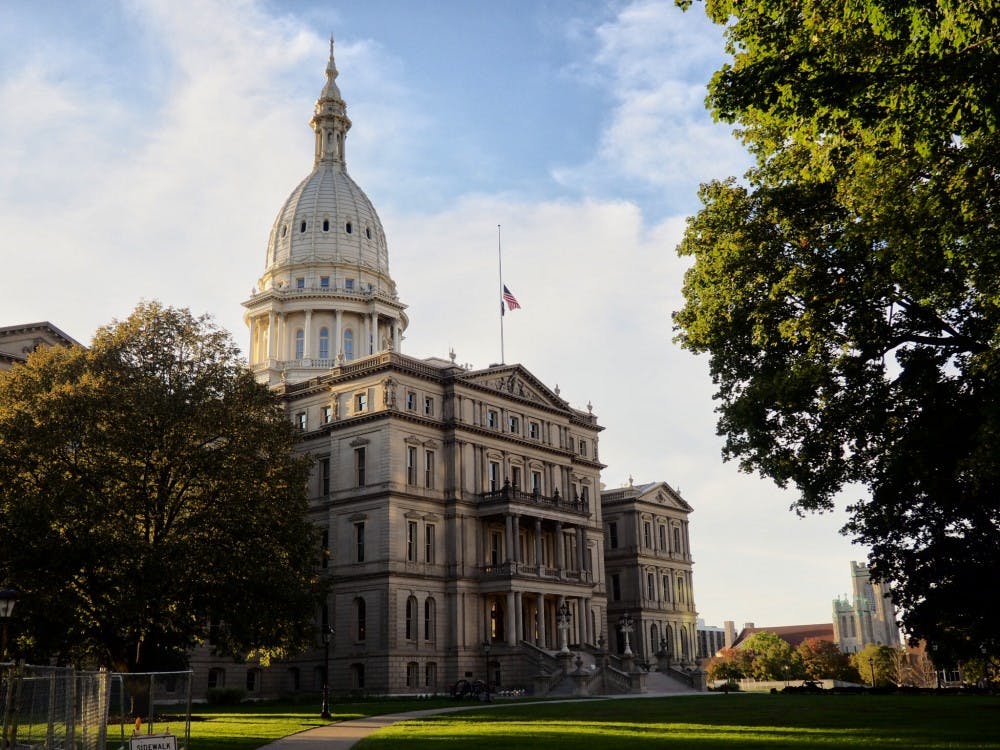While the series of budget bills state lawmakers passed Tuesday Sept. 23 face an uncertain fate on Gov. Gretchen Whitmer's desk, they may have implications for higher education funding.
In addition to an education package, several other budget bills passed including appropriations for the general government, the Department Health and Human Services, transportation and K-12 funding.
Some on the other side of the aisle, however, were not pleased.
Whitmer called the budgets "a mess" in a statement, citing concerns over roads and healthcare.
While debates on road funding absorb most of the spotlight, the higher education budget passed mostly along party lines with Republican support, including a 20-18 vote in the Senate.
"If we were giving out awards for budget work, Republicans wouldn’t even get a participation ribbon," David Hecker, president of Michigan's American Federation of Teachers branch, or AFT, said in a statement.
The full release from the AFT said the budget deal doesn't do enough to address tuition increases while only slightly increasing state funding for colleges and universities.
So what went down with higher-ed?
Legislators allocated a one percent increase for higher education funding across the board, while tuition was raised on average at Michigan colleges and universities by about two percent, sometimes as high as five.
Michigan State for example increased tuition by 1.76% for the 2018-2019 year, while the budget would only increase the university's state funding by 0.9%.
"Their attitude is 'well, there's tuition — there's other money coming in to the universities,' but again, that has resulted in ... skyrocketing student debt," said Heckler. "These are public universities. The state has a responsibility. The states used to fund like 75% of of the budgets of these universities. Now it's below 20%."
AFT's statement compared Tuesday's appropriations to 2001 funding levels adjusted for inflation.
In 2001, the $1.95 billion of funding for Michigan’s public universities amounts to $2.75 billion today. For community colleges, $320 million then amounts to $462 million today.
The funding sent to the Governor's desk includes $1.67 billion for universities and $408 million for community colleges.
Republicans in the legislature support the bill because it funds education without raising taxes.
"I applaud Speaker Chatfield and Majority Leader Shirkey for coming together and passing a budget that adds millions of dollars in new road and education funding without raising taxes on hardworking Michiganders," Michigan Republican Chairman Laura Cox said in a statement. "I encourage Governor Whitmer to abandon her ridiculous 45-cent gas tax and sign this budget which would keep Michigan’s government open.”
Support student media!
Please consider donating to The State News and help fund the future of journalism.
Discussion
Share and discuss “Higher education funding among budget deals passed” on social media.








